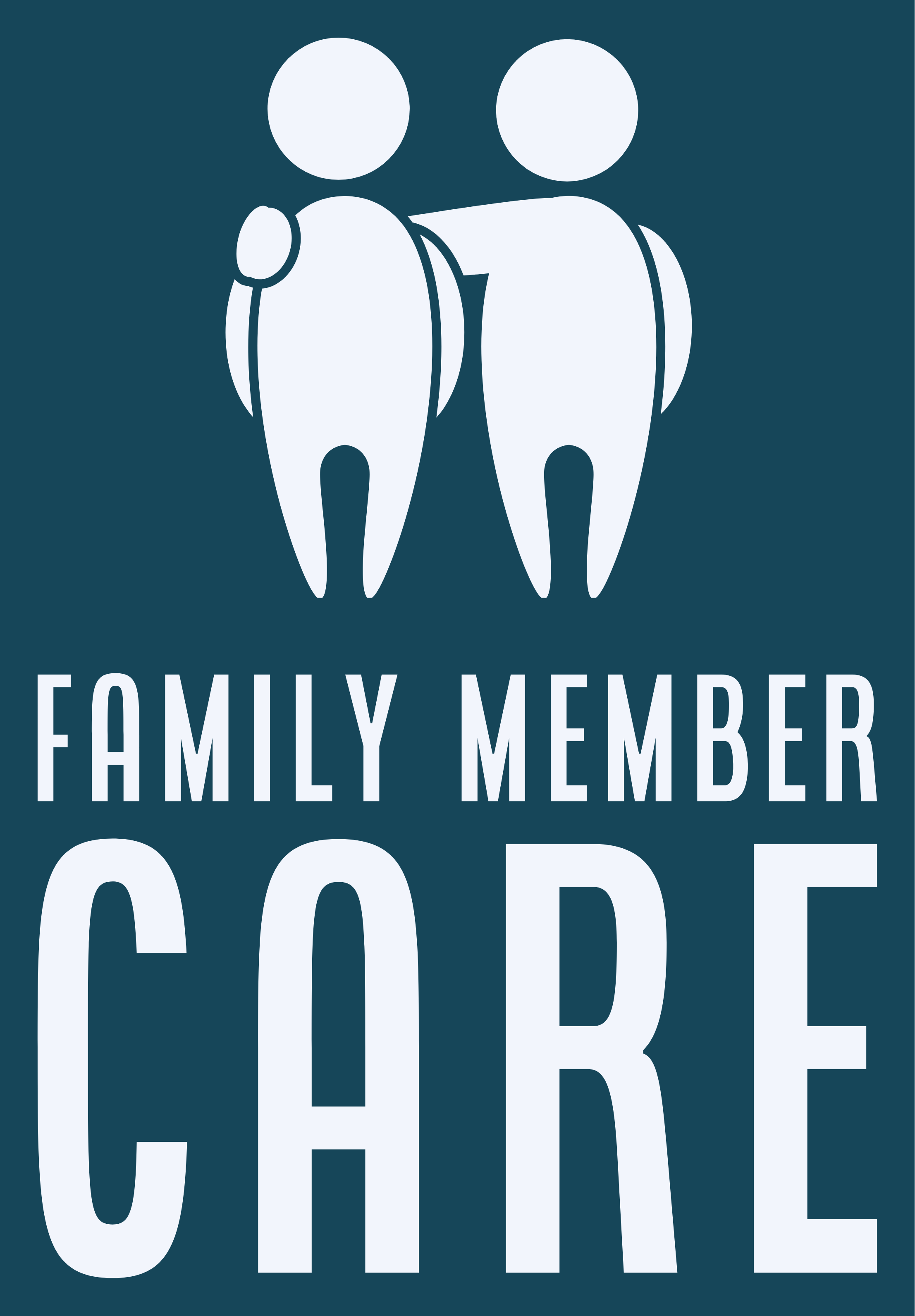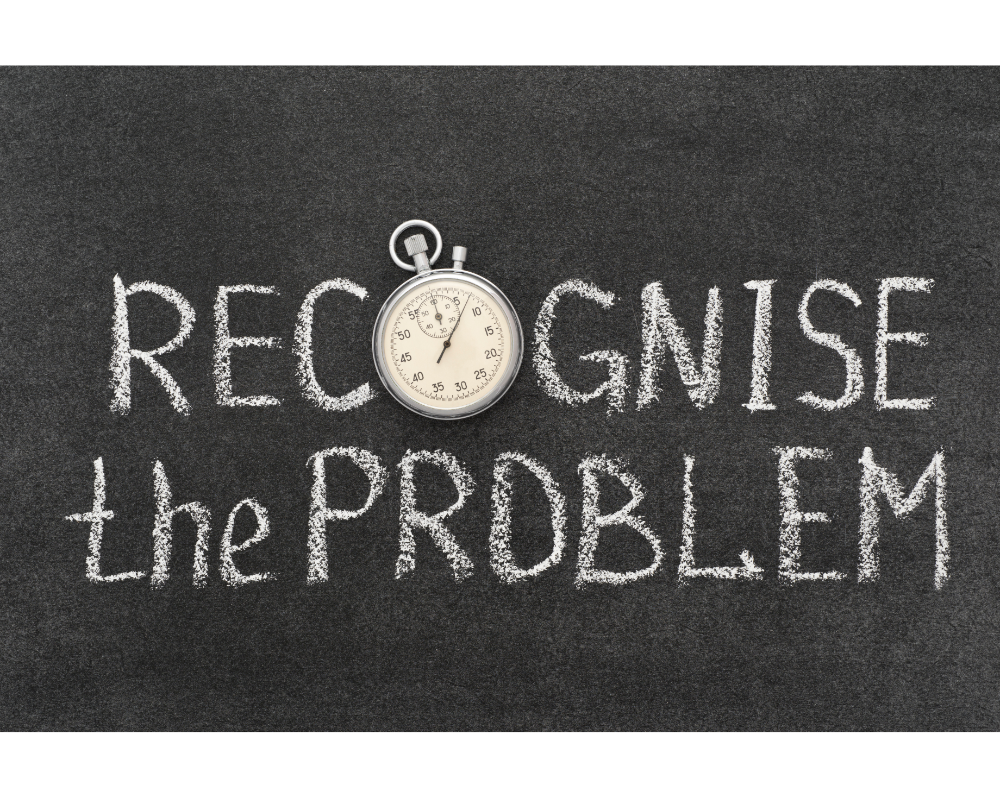There can come a time when we must recognize that our loved ones may need additional support. In this article, we'll explore five common signs that your loved one may require more assistance and offer guidance on how to provide the care they need.
Note: To be clear, this is far from a complete list. But hopefully, some of the items here help you be more aware of what to look out for.
1. Physical Limitations and Mobility Issues
As we age, physical limitations can become more pronounced. Difficulty with mobility, balance, and strength can lead to accidents and injuries. If your loved one experiences frequent falls or struggles to perform basic tasks, additional support may be necessary.
How to Provide Support:
Ensure their living environment is safe and accessible. You can make modifications like installing handrails, removing tripping hazards, or providing assistive devices like walkers or wheelchairs. Physical therapy or exercise programs tailored to their needs can also help improve mobility.
2. Forgetfulness and Confusion
Forgetfulness can be a normal part of aging, but when it starts affecting daily life and safety, it's cause for concern. Your loved one might forget to take medications, leave appliances on, or become disoriented in familiar places.
How to Provide Support:
Consider setting up a medication management system or hiring a caregiver to assist with daily tasks. If forgetfulness and confusion persist, consult a healthcare professional for a thorough assessment and potential memory care options.
3. Decline in Personal Hygiene
One of the earliest signs that a loved one may need additional support is a decline in personal hygiene. If you notice that they are neglecting tasks like bathing, brushing their teeth, or changing clothes, it's a red flag. This decline can be due to physical limitations, cognitive issues, or even depression.
How to Provide Support:
Initiate a gentle conversation with your loved one about their hygiene routine. Offer assistance if needed, or consider hiring a home health aide to help with personal care tasks. Addressing the issue with empathy and understanding is crucial to maintaining their dignity and self-esteem.
4. Social Withdrawal and Loneliness
Isolation and loneliness can have severe consequences for mental and emotional well-being. If your loved one begins to withdraw from social activities, experiences profound loneliness, or shows signs of depression, it's essential to address these emotional needs. Especially if this is changed behaviour.
How to Provide Support:
Encourage social engagement by arranging visits with friends and family, or consider enrolling them in local senior centers or clubs. Additionally, companionship from a caregiver can help combat feelings of loneliness and provide support.
5. Unexplained Weight Loss or Malnutrition
Unintentional weight loss or malnutrition can be a sign of underlying health issues or difficulty with meal preparation. It's crucial to address this issue promptly, as it can lead to various health complications.
How to Provide Support:
Assess dietary habits and meal preparation skills. If needed, enlist the help of a nutritionist or meal delivery services. Regularly check their pantry and refrigerator to ensure they have access to nutritious food, and consider arranging for a caregiver to assist with meal planning and preparation.
*
The signs mentioned above are not exhaustive, but they serve as critical indicators that it may be time to explore additional care options.
Remember that seeking help is not a sign of weakness but a responsible step toward ensuring your loved one's safety and quality of life. Whether it's through in-home care, assisted living, or memory care facilities, numerous resources are available to provide the support your loved one needs.
Ultimately, the goal is to provide the best possible care while preserving dignity and independence.


